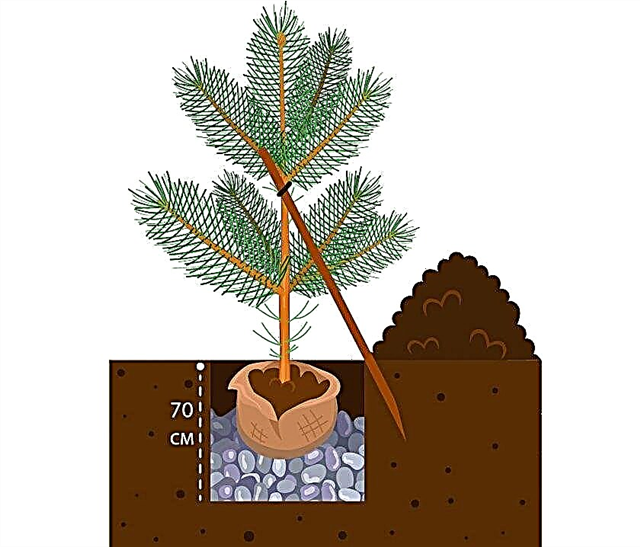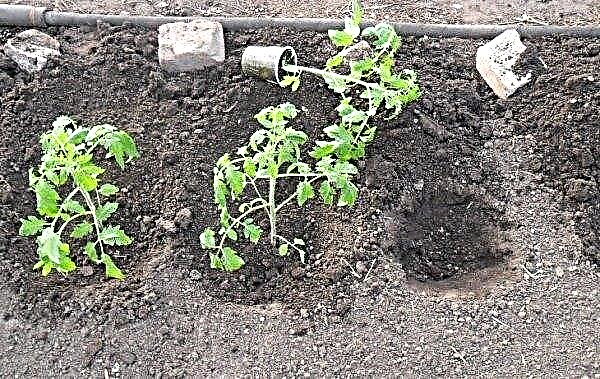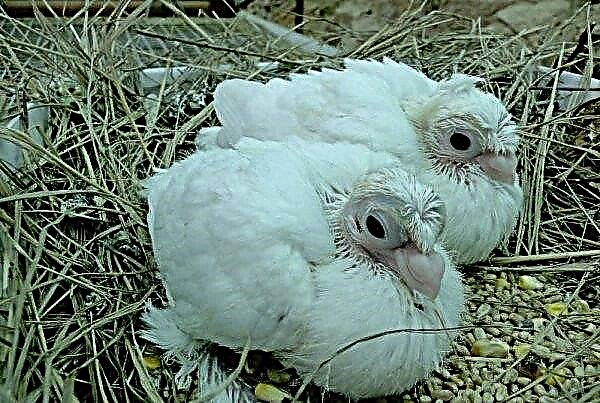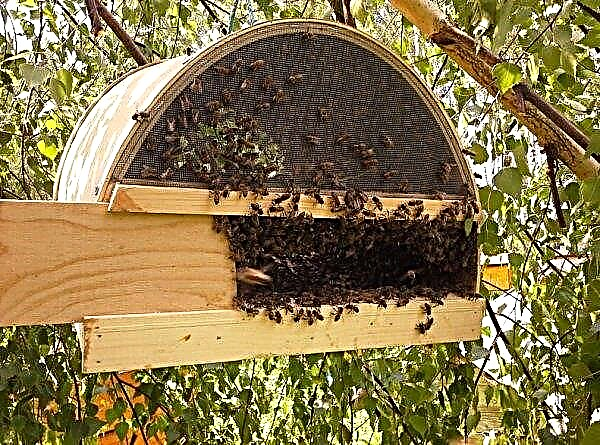Rice exporters in India are pushing for a ban on pesticides that are not registered on foreign markets to support exports to Europe and the United States.
They hope the 2020 pesticide management bill will encourage pesticide producers to register their products in foreign markets and help increase supplies from India, the largest producer of premium rice.

“In many cases, pesticide producers are reluctant to register their products in high potential markets because they find this process costly and cumbersome, and this leads to the abandonment of export samples,” said a leading rice exporter from Punjab. “The rejection of the samples has a great impact on exporters and, finally, on farmers, since their products depreciate by 20-25%.”
Exporters are seeking a ban on pesticides used in rice crops that do not meet the latest maximum residual levels (MRLs) in key export markets.
Did you know? Rice could be called the largest employer in the world: about 1 billion people are involved in the cultivation and processing of this cereal, which makes up almost a sixth of the total population of the Earth.
The Center intends to amend the Insecticides Act of 1968 and the Pesticide Management Bill of 2020 to help the industry face new global challenges. "The state has requested a mandate to ban pesticides based on risk factors and their adverse effects on exports," said the Commissioner Punjab Cop Pannu Food and Drug Administration.
He said the goal is to reduce the use of Red Triangle pesticides or high toxicity to rice and other crops. “Under the existing regulatory framework, states can block the sale of pesticides for 60 days, but they do not have the authority to completely ban them,” he said.
Pesticides are authorized by the Central Insecticide Council and the Registration Committee in India.

The Association of Pesticide Formulations and Manufacturers of India (PMFAI) has opposed the weakening authority of the pesticide authorization center, arguing that this will have negative consequences for industry growth. The Association is seeking the mandatory registration of technical pesticides of international companies in order to ensure equal conditions for local producers.
“The export registration of local pesticides should be accelerated in order to realize potential in the global market, which could grow several-fold over the next four to five years,” said Pradeep Dave, president of PMFAI. Basmati rice exports to the EU have declined by a third in the past four years since new environmental standards were introduced for pesticides, which tipped the market to competitors, including Pakistan.
You will be interested to read:
- According to official Cambodian data released on Monday, July 8, rice exports from Cambodia to the European Union sharply declined after tariffs were introduced in the first half of the year, but losses were offset by increased sales to China.
- India’s export of non-basmati rice has come to a standstill, as the government has not yet renewed the 5 percent exemption for exporters under the Indian Commodity Export Scheme (MEIS), traders said.
- It is expected that in the first half of this year, Vietnam will reduce the sale of coffee and rice abroad.












